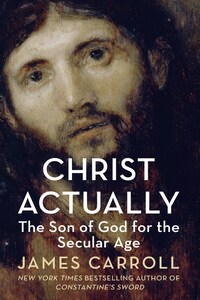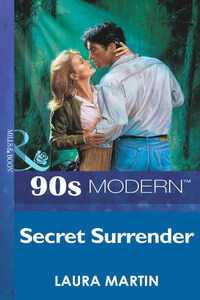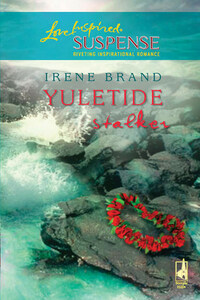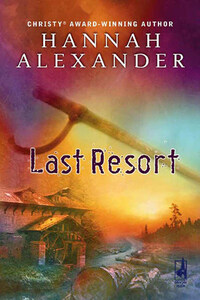William Collins
An imprint of HarperCollinsPublishers 1 London Bridge Street London SE1 9FG
WilliamCollinsBooks.com
This eBook edition first published in Great Britain by William Collins in 2014
Copyright © 2014 by James Carroll
James Carroll asserts the moral right to be identified as the author of this work
Grateful acknowledgement is made for permission to reprint extracts from the following copyrighted works:
“Christmas Trees” from New and Collected Poems 1952-1992 by Geoffrey Hill. Copyright © 1994 by Geoffrey Hill. Reprinted by permission of Houghton Mifflin Harcourt Publishing Company and the author. All rights reserved.
The Jewish Gospels: The Story of the Jewish Christ by Daniel Boyarin. Copyright © 2012 by Daniel Boyarin. Reprinted by permission of The New Press.
“Triduum” from A Little Book of Hours by John F. Deane (Manchester, England: Carcanet, 2008.) By permission of the author.
The Scripture citations in this book are from the Revised Standard Version, unless otherwise noted.
A catalogue record for this book is available from the British Library
All rights reserved under International and Pan-American Copyright Conventions. By payment of the required fees, you have been granted the non-exclusive, non-transferable right to access and read the text of this e-book on-screen. No part of this text may be reproduced, transmitted, down-loaded, decompiled, reverse engineered, or stored in or introduced into any information storage and retrieval system, in any form or by any means, whether electronic or mechanical, now known or hereinafter invented, without the express written permission of HarperCollins
Source ISBN: 9780008103484
eBook Edition © November 2014 ISBN: 9780008103491 Version: 2014-10-24
The present life of man, O King, seems to me like to the swift flight of a sparrow through the great mead-hall wherein you sit at supper in winter, with the warm fire ablaze, whilst the storms of rain and snow prevail abroad; the sparrow, I say, flying in at one door, and immediately out at another, once more into the dark winter.
So this life of man appears for a little while, but of what went before, or what is to follow, we are utterly ignorant. If, therefore, this new teaching contains something more certain, it seems justly deserving to be followed.
—A chief counselor to Anglo-Saxon king Edwin in 627>1
INTRODUCTION
Christ Actually
Against wild reasons of the state
His words are quiet but not too quiet. We hear too late or not too late.
—Geoffrey Hill>1
Operation Spark
In Germany, early in 1943, things got serious with “Operation Spark,” the anti-Nazi conspiracy to assassinate Adolf Hitler. In March, two bomb attempts were made on Hitler’s life. They failed, but in early April a number of the conspirators were arrested by the Gestapo. One of these was a young Lutheran theologian named Dietrich Bonhoeffer. For two years, he was imprisoned—first at Tegel military prison, in Berlin, and ultimately at Buchenwald and Flossenbürg concentration camps. A committed pacifist entangled in a plot to kill a tyrant, he wrote, “The ultimate question for a responsible man to ask is not how he is to extricate himself heroically from the affair, but how the coming generation shall continue to live.”>2
Bonhoeffer was executed three weeks before the war ended, before the horrors of 1945 were fully laid bare. Yet there is a hint in his statement that, in the thick of the evil, he had grasped what was now at stake: nothing less than the moral self-destruction, and perhaps the physical self-extinction, of the human species; its “continuing to live.” He did not survive to articulate the meaning of what he’d come to, but in subsequent years the fragments of thought he left flashed through Christian theology like crystal shards through a darkened conscience. That was especially so once Auschwitz was paired with Hiroshima—absolute evil absolutely armed: the death camp and the genocidal weapon all at once bracketing the human future. The mad nuclear competition that followed then made the problem of human survival literal.














